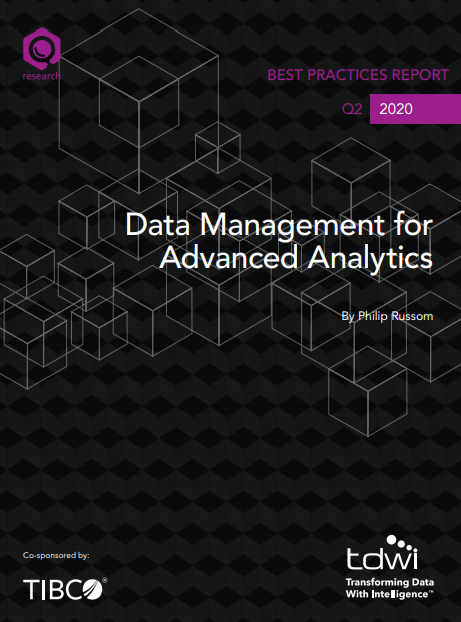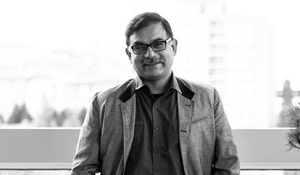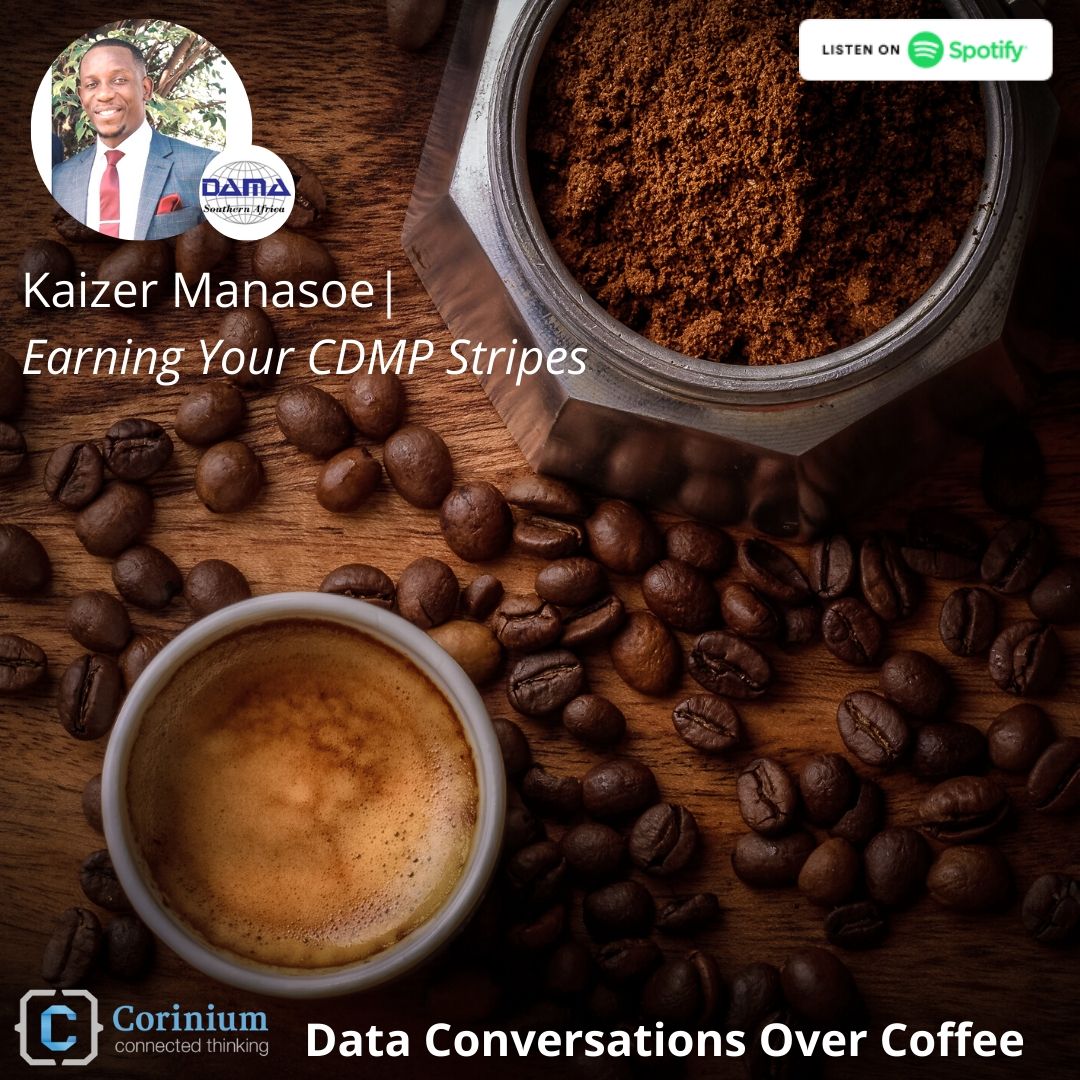We talk to Monika du Toit, Data Scientist: IT - Business Development at Capitec Bank, about the speakers at 2018's Women in Digital & Data Cape Town running conference
Can you share a little bit about what it is that you do and what a typical day for you is like?
As a data scientist at Capitec, I spend my days working on projects that involve using data analytics and building predictive models to solve business problems. I take full ownership of the projects at hand, which includes translating business problem into data solutions and communicating with stakeholders.
What are some of the biggest challenges that women who want to venture into the world of data analytics/data science face today?
While it may be difficult to generalize for all women, I know many ladies in data science who care about having respectful, collaborative and women-friendly work environment and opportunities for career growth. It can therefore be a challenge if employers don’t take these factors into consideration.
Data analytics/data science is perceived as a male-dominated field. What steps should be taken to attract more women to the field?
I believe there are many factors playing role when deciding on what field of study/work to enter. When I was deciding on what to study, I knew I wanted to ‘help people’ and be able to stay feminine.
Later I discovered I had very good big-picture thinking and analytical skills and I realized that I could use these skills to help people in a different way. I was worried that by going into this field I would not be able to stay feminine, but my dad encouraged me by saying that I already am feminine and I can stay feminine irrespective of where I work. There were many other people in my life who encouraged and inspired me while studying and working, and I believe such encouragement is very powerful in attracting women to the field. I spent 5 years mentoring first year Statistics students and I have seen the power of encouraging words. I truly wish to one day have the opportunity to be a mentor to many people who are unsure about their career path or lack confidence in their abilities.
Can you pinpoint one moment or person that was instrumental in your decision to pick this career path?
It was definitely my first year Statistics lecturer Ms Ivona Contardo-Berning, who not only made me aware of the importance and demand for analytical/coding skills, but also inspired me to be fascinated by the field of Statistics and pursue further studies in this direction.
What advice do you have for anyone interested in a career in data analytics/data science?
I believe it is important to develop good critical thinking and realize that data science is not only about the algorithms and code (the ‘how’) but primarily about asking the right ‘why’ and ‘what’ questions, in order to develop solutions that provide value to the business and clients.
In terms of education, my suggestion would be to become an expert in one field (such as mathematics, engineering, computer science, statistics, etc), chosen according to talents and strengths, but to be eager to continue learning from other fields. I’d also suggest supplementing analytical skills by having a creative or artistic hobby, as data science work is quite creative. Lastly, I think it is very important to keep on collaborating with other data scientists and people from other fields in order to find better solutions.
What do you think is the best part of being a woman in the data industry?
The best part for me is simply being able to be myself, be feminine in the workplace and work in a field that is very innovative and has the potential to help many people.
What are some of the best and worst workplace initiatives you have seen/heard of to help promote diversity?
For women specifically, I would love to see better maternity benefits in the workplace.
What advice would you give to a woman considering a career in data/data science? What do you wish you had known?
I would like to encourage women in the field to stay feminine and confident in their abilities. Try to focus on your own journey rather than compare yourself to other people. Keep on learning and have dreams and ambitions but don’t be too hard on yourself. Remember the importance of working with integrity in both the way we treat others and in treating others’ data.
What do you think we should be doing more of to encourage more girls to consider a career in data analytics/data science?
I believe we can try to lead by example by being feminine, knowledgeable, hardworking and humble women in the workplace and in leadership positions and be available to provide mentorship to younger women.
Tell us a fun fact about you.
Born in Slovakia. If there are any ‘data ladies’ who would like to connect, please feel free to message me on LinkedIn.






.jpg)

